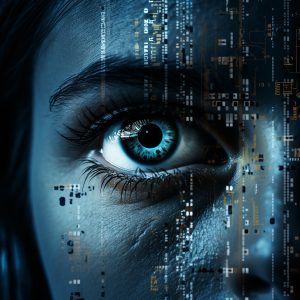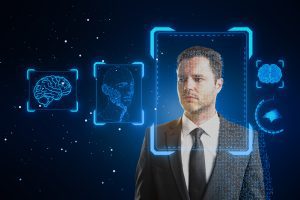Le recenti dichiarazioni di Elon Musk, CEO di Tesla e SpaceX, sono state messe in dubbio dagli avvocati della stessa Tesla. In una recente disputa legale, gli avvocati hanno sollevato la possibilità che le dichiarazioni di Musk potrebbero essere il risultato di deepfake, una tecnologia avanzata che utilizza l’intelligenza artificiale per creare video falsi ma realistici. In questo articolo, esamineremo le implicazioni di queste affermazioni e discuteremo dell’impatto dei deepfake sulla società e sulla percezione della verità.

Le dichiarazioni di Musk e le preoccupazioni sul deepfake
Le dichiarazioni di Elon Musk, che riguardano una serie di questioni relative a Tesla e SpaceX, sono state oggetto di controversie e dibattiti. Gli avvocati di Tesla hanno suggerito che queste dichiarazioni potrebbero essere state create utilizzando la tecnologia deepfake, il che solleva preoccupazioni sulla veridicità delle informazioni e sulla possibilità di manipolare l’opinione pubblica.
Il deepfake è una tecnologia emergente che utilizza algoritmi di intelligenza artificiale per creare video falsi ma estremamente realistici, spesso utilizzando le immagini e le voci di persone famose. Questa tecnologia ha sollevato numerose preoccupazioni etiche e legali, poiché può essere utilizzata per diffondere disinformazione e manipolare la percezione della verità.

Impatto dei deepfake sulla società
La possibilità che le dichiarazioni di Elon Musk siano il risultato di deepfake ha importanti implicazioni per la società e per la nostra percezione della verità. Se le dichiarazioni sono effettivamente false, ciò potrebbe avere un impatto significativo sulla reputazione di Musk e sulla fiducia del pubblico nelle aziende che dirige.
Inoltre, l’uso dei deepfake per manipolare l’opinione pubblica può avere conseguenze di vasta portata, minando la democrazia e influenzando le decisioni politiche ed economiche. Questo solleva la necessità di sviluppare strumenti e tecnologie per rilevare e contrastare i deepfake, al fine di proteggere l’integrità delle informazioni e garantire la veridicità delle notizie.
Le recenti affermazioni degli avvocati di Tesla riguardo alle possibili dichiarazioni deepfake di Elon Musk evidenziano la crescente preoccupazione per l’impatto dei deepfake sulla società e sulla percezione della verità. È essenziale che vengano sviluppati strumenti e tecnologie per rilevare e combattere i deepfake, al fine di proteggere l’integrità delle informazioni e garantire che il pubblico sia in grado di distinguere tra fatti reali e falsi. Inoltre, sarà fondamentale che i legislatori, i media e il pubblico in generale si impegnino nella discussione su come affrontare le sfide poste dai deepfake e sulla creazione di un quadro normativo che protegga la verità delle informazioni senza limitare la libertà di espressione e l’innovazione tecnologica.
Mentre l’industria della tecnologia continua a svilupparsi e a progredire, le questioni legate alla disinformazione e ai deepfake richiedono un approccio olistico e cooperativo tra tutte le parti interessate. Solo lavorando insieme, possiamo garantire che i progressi tecnologici vengano utilizzati per il bene della società e per mantenere l’integrità delle informazioni che circolano nel mondo digitale.








